
The global space industry just last year was valued somewhere between $570bn and $630bn, with commercial revenues amounting to a large majority of this total. With a trajectory set to reach a $1.8trn market by 2035, according to McKinsey, there is huge opportunity for new companies to take a piece of the pie.
Startups are increasingly finding new niches for themselves in the economy of space, and investors have been increasing their backing for spacetech startups over the past five years. Corporate investors, in particular, have shown increasing interest, even last year when overall VC backing dipped.
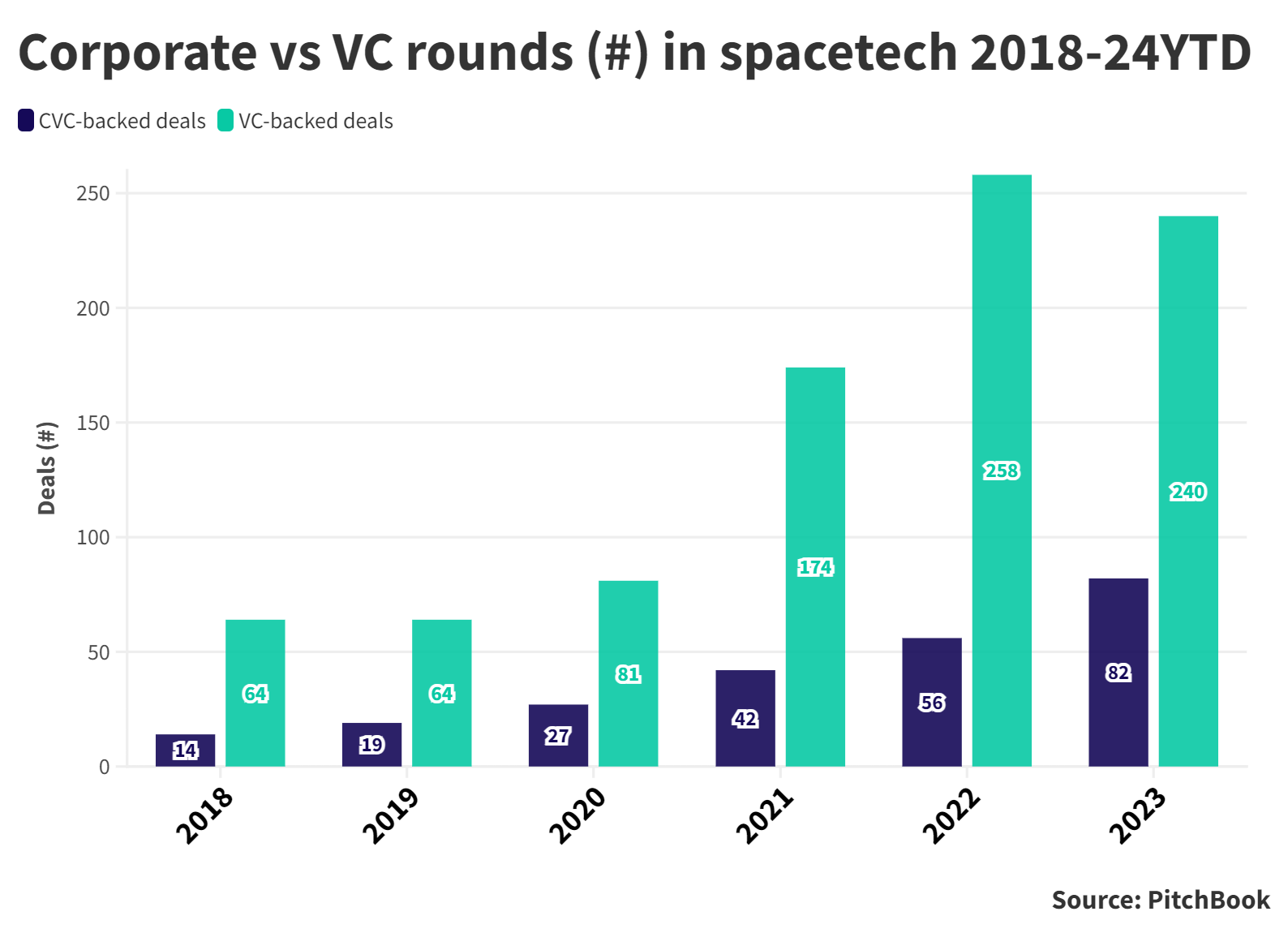
In terms of the number of dollars invested into spacetech startups, corporate investors accounted for more than half of the total spent last year.
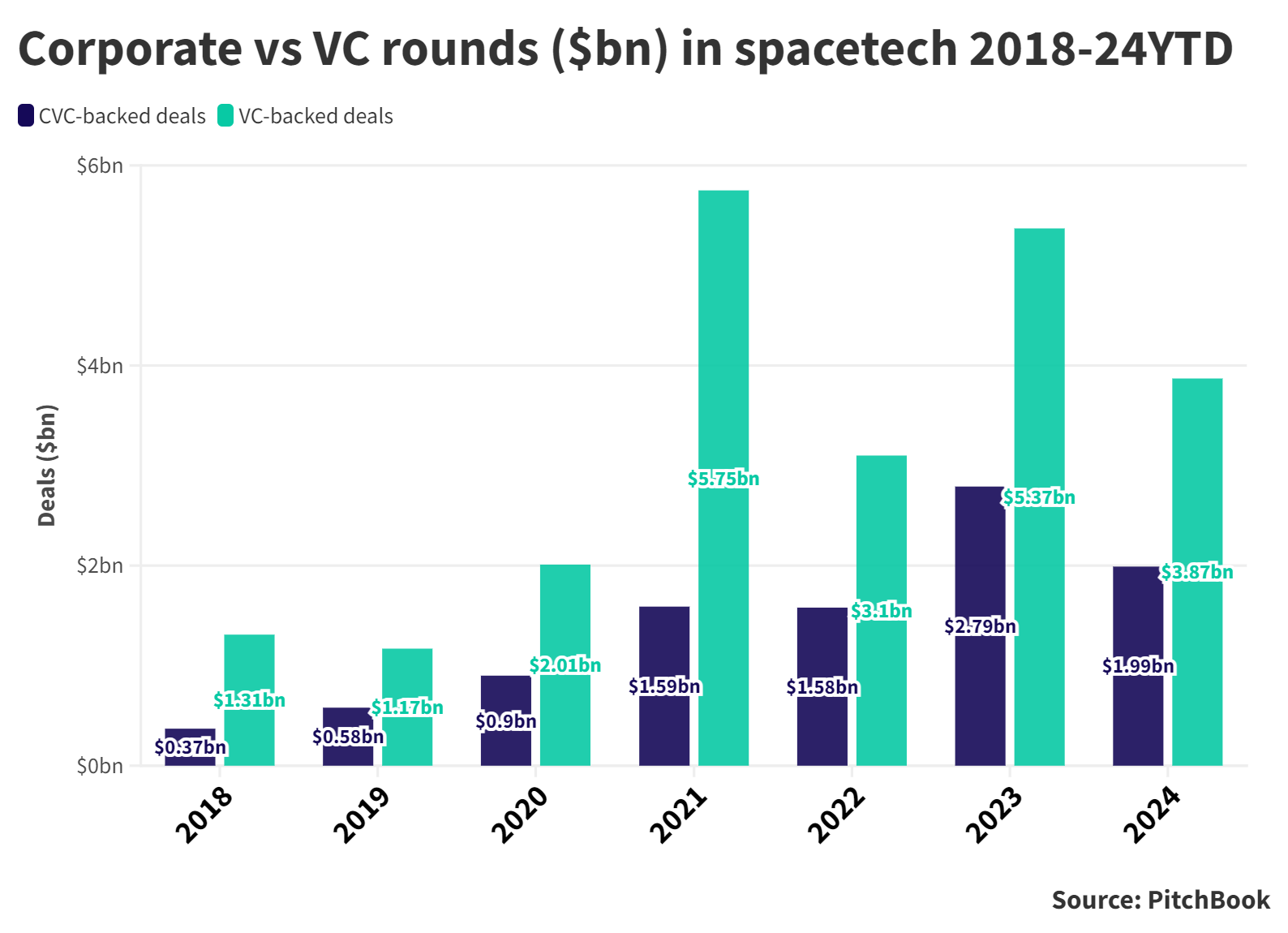
Here are nine space tech companies that are still at a relatively early stage of fundraising, but which have already captured corporate attention:
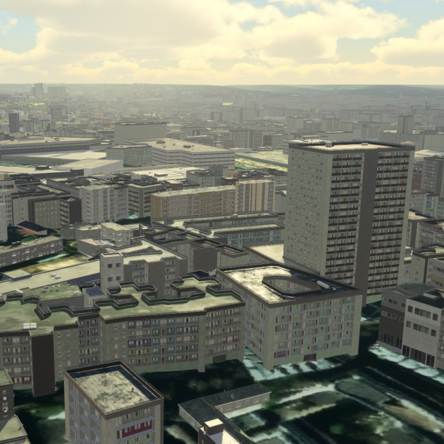
Blackshark.ai
Graz, Austria
Founded: 2020
Funding to date: $35m+
Blackshark.ai uses geospatial data and AI technology to produce highly detailed environments mirroring the real world, with the aim of “reconstructing the entire globe in photorealistic 3D.”
Its technology is used for a wide variety of applications that benefit from global mapping – these include things like urban planning, wildfire management, defence applications, infrastructure planning, logistics management and even video games – the company contributed to Microsoft’s Flight Simulator 2020 game.
Apart from just contributing to Microsoft’s game lineup, Blackshark.ai also received investment from the software giant’s corporate VC unit, M12, in its $35m series A round, which closed its extension late last year and also included In-Q-Tel, Point72 Ventures, Safran, Interwoven Ventures, Einstein Industry Ventures OurCrowd, Gaingels and OpAmp Capital.
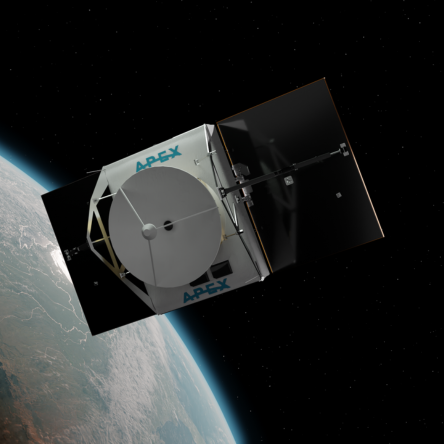
Apex Space
Los Angeles, California, USA
Founded: 2022
Funding to date: $120m+
Apex designs what it calls “space buses” – small satellites that can deliver cargo into space quickly and efficiently, with payloads of between 100-500kg.
The company makes its satellites standardised, modular and easily configurable to the customer’s specific mission needs – thereby reducing the hurdles that come with making customisable equipment while still maintaining the flexibility to send up a wide range of equipment.
Apex most recently closed a $95m series B round earlier this year, led by XYZ Venture Capital and CRV, with participation from Toyota Ventures, Andreessen Horowitz, Point72 Ventures and others.
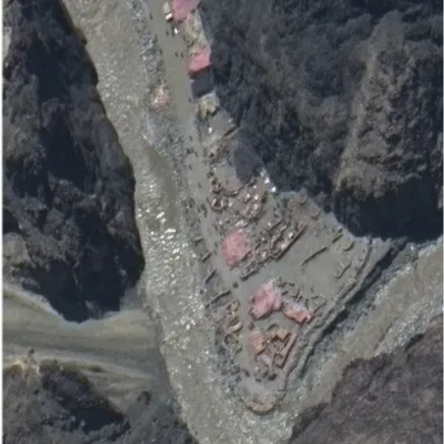
GalaxEye Space
Bengaluru, India
Founded: 2021
Funding to date: $12m+
GalaxEye wants to launch what it calls the world’s first hybrid, multi-sensor imaging satellites, able to provide “all-time all-weather” information for any place on the planet. The data from the satellite – and subsequent constellations – could be used for defence, agriculture, urban planning, insurance, disaster management, maritime, and other uses.
It plans to launch its first satellite, Drishti Mission, midway through next year, which had originally been planned for 2023 but was delayed.
The startup raised a $3.5m funding round followed by $6.5m via a series A round – which has been described as ongoing – over this past summer from investors including Mela Ventures, drone technology company IdeaForge, Speciale Invest, Rainmatter Capital, Faad Capital, Navam Capital and Anicut Capital. IT services provider Infosys invested another $2m a few months later.

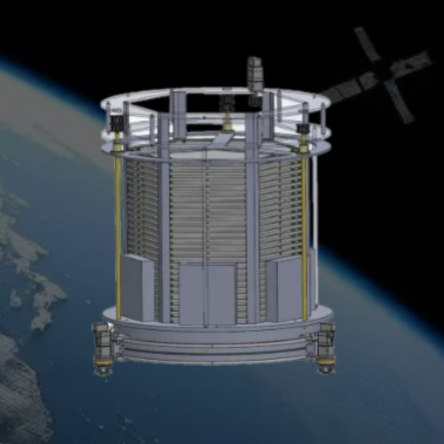
Space Quarters
Tokyo, Japan
Founded: 2022
Funding to date: Undisclosed
Most things out in space were first built on Earth and launched up – they may have been assembled on a small scale in orbit but were not built there. That is now changing with startups like Space Quarters, a spinout from Tohoku University whose proprietary robotic construction systems would allow construction materials and parts to be sent up to space to be built by robots.
This would get around the problem of launching large structures unable to withstand the forces necessary to leave the atmosphere. It could apply to things like large antennae, space stations, or even moon bases.
Space Quarters received an undisclosed investment from Reazon Capital – the investment arm of Japanese media company Reazon Holdings – earlier this year, and is also a portfolio company of Keio Innovation Initiative.
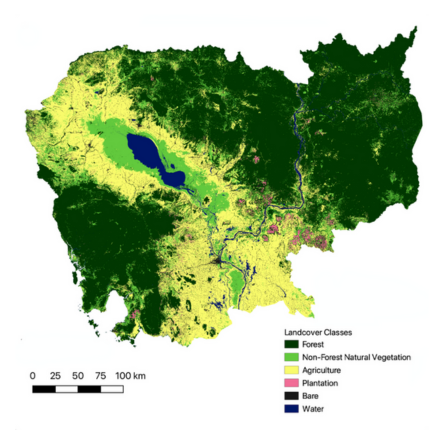
Space Intelligence
Edinburgh, UK
Founded: 2017
Funding to date: $6m+
While not launching anything into space itself, Space Intelligence uses data collected in space – from a wide range of satellites – to amass an audit-grade land cover data catalogue.
With a special focus on forests, Space Intelligence aims to provide geospatial tools to assess and mitigate deforestation around the world, as well as assessing the carbon impact from it. It covers around 640 million hectares of land in seven countries, and plans to expand to another 35 countries by the end of Q4 next year.
It closed a series A round earlier this year with investment from AzurX Space Ventures and Intercontinental Exchange
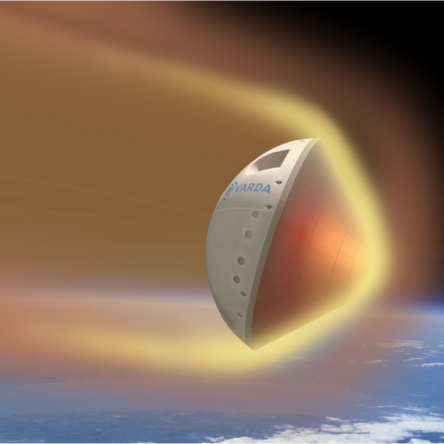
Varda Space Industries
El Segundo, California, USA
Founded: 2021
Funding to date: $145m
Varda is focused on manufacturing in the microgravity conditions of space, where it is easier to make certain products than on Earth. These include things like pharmaceutical formulations, and advanced materials like high-quality fibre optics or thin films for semiconductors.
Varda has small “space factories” that produce goods in low-earth orbit and sends them back down via re-entry capsules, which are also modular and can be configured to test a variety of materials and systems in space and re-entry environments. It hopes to be a leader in the future of space-based industrialisation.
It raised a $90m series B round earlier this year led by Caffeinated Capital, also backed by General Catalyst, Lux Capital, Founders Fund and Khosla Ventures.
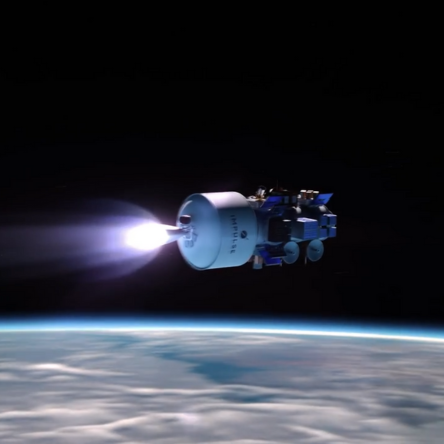
Impulse Space
El Segundo, California, USA
Founded: 2021
Funding to date: $75m+
Founded by SpaceX’s first employee and former head of propulsion, Impulse Space is working on in-space propulsion systems that can move spacecraft around different orbits without needing to return to Earth. It also provides de-orbiting services to decommission satellites.
Its last-mile vehicle, MIRA, has been flying since 2023, and Impulse Space is planning to launch its new trans-orbital vehicle, Helios, in 2026 followed by a Mars mission with Relativity Space later in the decade.
RTX Ventures led the company’s $45m series A round in 2023, which also included Airbus Ventures, Lux Capital, Founders Fund and Space Capital.
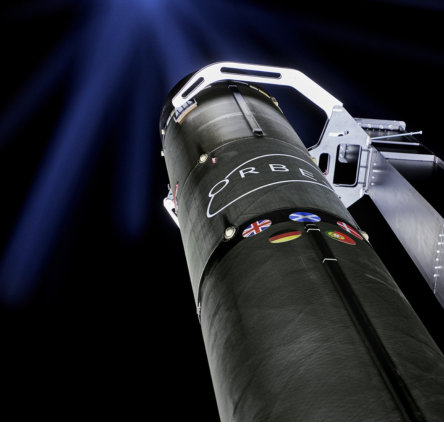
Orbex
Forres, UK
Founded: 2015
Funding to date: £102m+
Orbex is a space launch company that uses 3D-printed engines, a reusable first stage and a much lower-carbon fuel than traditional rockets – burning biopropane instead of a kerosene-based rocket fuel.
Orbex says its Prime rocket will be the first orbital rocket to use renewable biofuel, which will purportedly reduce the carbon footprint of launch by 96% compared to a fossil fuel-based launch of the same size vehicle.
It most recently raised £40.4m in a series C round in 2022, backed by the Scottish National Investment Bank, High-Tech Gründerfonds, Jacobs, The Danish Green Future Fund and Verve Ventures. It followed up with a £16.7m extension to the round this year as it ramps up to launch.

Dark
Paris, France
Founded: 2021
Funding to date: $11m+
Space has a lot of junk in it — abandoned rockets, dead satellites and more — all flying very fast. Each time a piece of debris crashes into something it creates more dangerous orbiting junk. Dark’s focus is on safely removing the more dangerous debris that have the highest risk of either causing collisions or even re-entering Earth in an uncontrolled way.
The company is developing a system called Interceptor, which it calls the first responsive platform capable of unplanned space security missions — a special craft launches from an aircraft that then flies up and punches debris out of the way. It’s designed to deal with space debris threats to space assets and infrastructure in a quick and low cost way, sending a specialised craft to punch debris out of the way when needed.
Dark raised a $5m seed round in 2021, which it followed up with a $6m extension in early 2024 with investments from Eurazeo and Long Journey.
Last year, we highlighted another group of startups looking to capitalise on the booming space economy. They were:
Quasar Satellite Technologies
- Based in Australia
- Founded in 2021
Existing technology allows ground stations to talk to just one satellite at a time, but this Australian startup is developing technology that would allow ground stations to communicate with hundreds. As the number of satellites in space proliferates and we use them for everything from aiding farmers to navigation, it is increasingly important to make communications more efficient.
Manastu Space
- Based in Mumbai, India
- Founded by a student team at the Indian Institute of Technology Bombay
- https://www.manastuspace.com/
India’s space industry has been energised by news of the country’s lunar landing in August, and Manastu Space is one of the beneficiaries. The Mumbai-based company, founded by a student team at IIT Bombay, is developing green propulsion systems and collision avoidance technology for satellites. It raised $3m in a pre-series A funding round.
Orbit Fab
- Based in Colorado, US
- Founded in 2018
BiomeSense is a US-based spinout of the
Orbit Fab is a startup that is planning to build a network of refuelling stations for satellites. Being able to refuel would extend a satellite’s working life, driving down operating costs. In 2019 the company demonstrated its capabilities by delivering water to the International Space Station.
Orbit Fab raised $28.5m in a series A funding round last year and has three missions planned with the US Department of Defense, starting in 2025. Lockheed Martin, Northrop Grumman and Munich Re Ventures are among the company’s backers.
Gilmour Space Technologies
- Based in Australia
- Founded in 2012
This startup, founded 12 years ago, is developing Australia’s first rocket that will attempt an orbital space launch. It has raised $107m to date, including a series C funding round in 2021, and employs more than 200 people. A test launch is planned for later this year.
Vestigo Aerospace
- Based in California, US
- Founded in 2019
This California-based startup is developing dragsail technology that will allow small cubesats to deorbit once they have reached the end of their lifespans. The company raised a $375,000 seed funding round in 2022.
OroraTech
- Based in Munich, Germany
- Founded in 2018
With wildfires becoming a prominent feature across the world during the summer season, OroraTech’s wildfire detection and monitoring satellites are timely. The Munich-based company is working with customers such as the Quebec fire agency and the Canadian Space Agency.
The company raised a series A funding round in November 2022.
Amplified Space
- Based in Colorado, US
- Founded in 2020
The Colorado-based startup is developing smart power systems that can reduce the development time of spacecraft from two years to one month.
Morpheus Space
- Based in Germany
- Founded in 2018
The company, which operates out of Dresden and California, is creating electric propulsion system for nanosatellites. With the US Federal Communication Commission now mandating that low earth orbiting satellites must be disposed after five years, the need for propulsion technologies is only likely to grow. Airbus Ventures and In-Q-Tel were among the investors in the startup’s $28m series A funding round in 2022.
Picosats
- Based in Italy
- Founded in 2014
The Trieste-based company is developing telecoms systems for small satellites. The team had raised some $3.5m in seed and grant funding as of 2023.
OKAPI:Orbits
- Based in Germany
- Founded in 2018
The German startup develops automated traffic management software that allows satellites to avoid collisions. It raised a $5.7m seed funding round in 2022, led by Munich Re Ventures with participation from Dolby Family Ventures. At the time, the company said there were already 50 satellites in space relying on its technology, which has since risen to 150.
